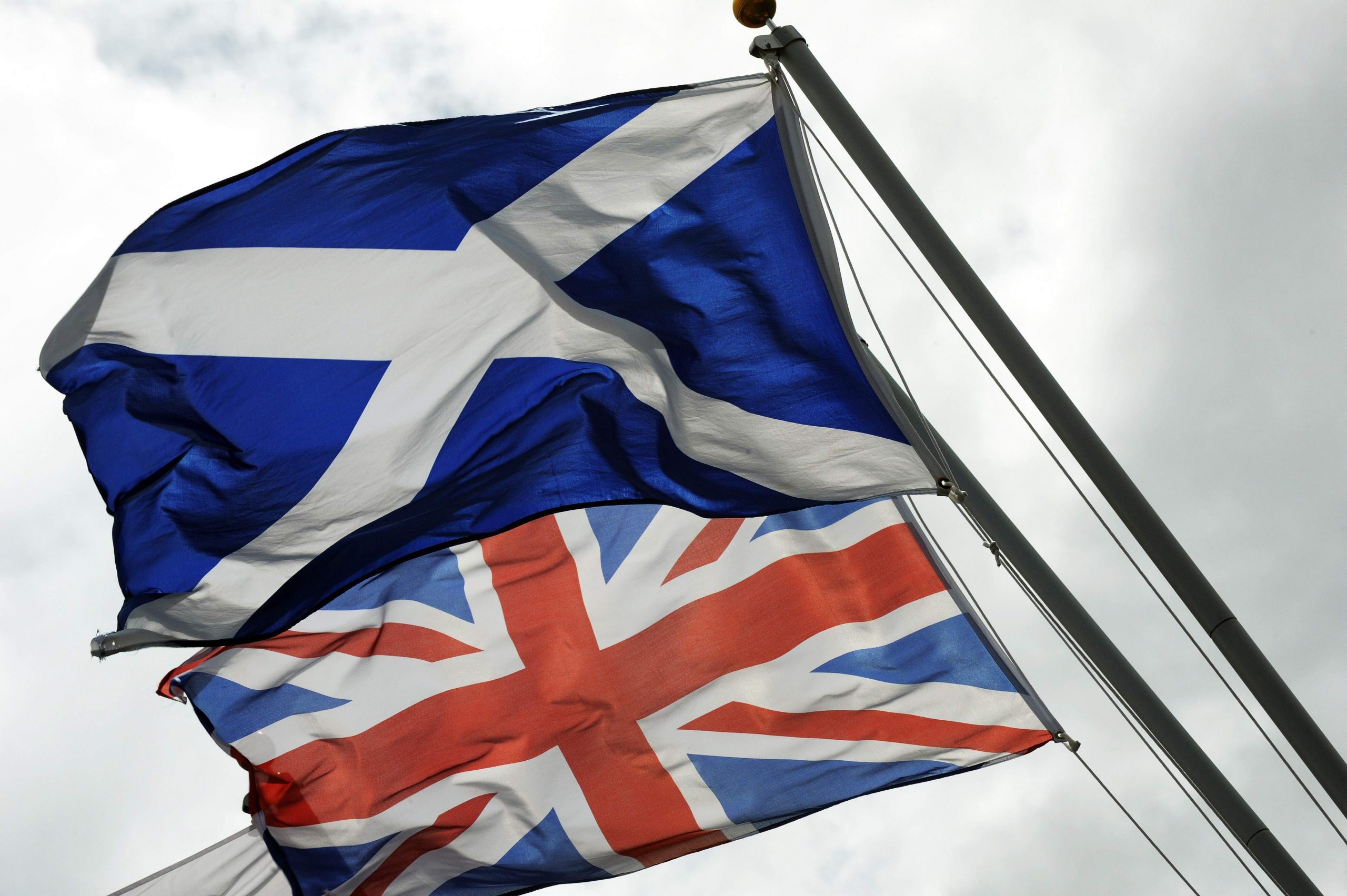
One person who is not nervous about the outcome of the referendum on Scottish independence is Mike Smithson. “I’m in the comfortable position that, whatever happens in the election, I’m going to make a few hundred pounds,” he says. Smithson is the founder of politicalbetting.com, a website that shares his gambling tips. He has taken advantage of fluctuating odds – backing both sides at different points when the odds have lengthened – to lock in a profit.
Plenty of other people are attempting to be as successful as Smithson. There has already been more than £4.5m staked on the Scottish result on Betfair alone. One Surrey-based client of the betting firm William Hill has put down £800,000 on the result being No.
Smithson wagers rather more modest sums to supplement his pension. “I always liked forecasting political outcomes,” he says, “trying to see if there are any patterns, any data. There’s nothing like betting just to prove you’re right.”
He has enjoyed that feeling many times. Smithson backed Barack Obama to become president, at odds of 50/1, on the strength of his speech to the Democratic National Convention in 2004. He also got odds of 33/1 on Ed Miliband becoming the next Labour leader after watching him in an interview with Jeremy Paxman in 2008. As Smithson says, “I thought, ‘This guy has got something’ ”; some solace, perhaps, for those who fear Miliband’s public persona will prevent him from becoming prime minister. Smithson bought a new car with his winnings.
What is his secret? “You bet if you think the chances of it happening are better than the odds you’re getting,” he says. “It’s not a prediction: it’s an assessment of how the odds are.” There is bad news for those wishing to emulate his success, however. “There are far fewer bargains out there. The bookies have got better.”
Bookmakers now draw on a larger number of professional analysts as well as mathematical modelling. This is partly because the industry is expanding: £25m was bet on the 2010 general election but that figure could double next year. There have never been more markets for punters to bet on during a general election. It’s possible to put money on everything from the overall result and the winner in each constituency, to whether Ukip or the Liberal Democrats will get more votes overall.
There are still opportunities to make money, however. The bookies can sometimes be late to microtrends in constituencies. Smithson recalls backing George Galloway at 33/1 to win the Bradford West by-election. Paddy Power has different memories – it lost more than £100,000 on the result.
General elections are usually more predictable than by-elections, yet there are still gains to be made for punters. Matthew Wall, a lecturer at Swansea University, analysed betting patterns from the 2010 general election and found that outsiders’ success rates were systematically overestimated. “Few outside shots actually win constituencies,” he says. “Nearly all the favourites win.”
Whereas Wall believes there is money to be made exploiting this bias, Smithson’s success is in part due to his prescient backing of outsiders. He offers a few tips. First, avoid betting for tribal reasons. Second, don’t jump on any bandwagons. And, most importantly, do your homework.






